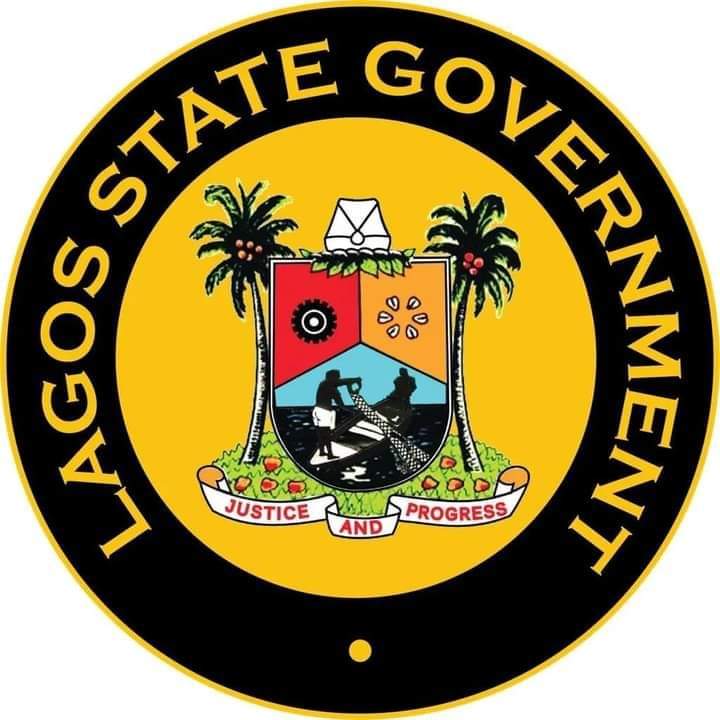The Lagos State Commissioner for Basic and Secondary Education, Jamiu Alli-Balogun, has initiated a comprehensive monitoring program for schools below the tertiary level, aiming to bolster student performance in the West African Senior School Certificate Examination (WASSCE). This directive, communicated through the Coordinating Director of the Office of Education Quality Assurance (OEQA), Remi Abdul, underscores the government’s commitment to improving educational outcomes and addressing the perceived disparity between investment and results. The OEQA evaluators are tasked with closely observing schools to ensure adherence to established standards, including punctuality and regularity of both teachers and students, and effectively disseminating government directives to the school communities. This proactive approach aims to create a more conducive learning environment and elevate the overall quality of education in Lagos State.
The core objective of this intensified monitoring initiative is to bridge the gap between the substantial resources invested in education and the actual academic performance of students, particularly in external examinations like WASSCE. Despite significant government funding, the desired results have not been consistently achieved, prompting a renewed focus on accountability and effective implementation of educational policies. The commissioner’s directive emphasizes the need for a paradigm shift, urging evaluators to play a crucial role in transforming the educational landscape and ensuring that investments translate into tangible improvements in student learning outcomes. This signifies a shift towards a more results-oriented approach to education management, holding all stakeholders accountable for their contributions to the academic success of students.
A key component of this strategy involves the rigorous monitoring of compulsory early morning and afternoon lessons, as well as Saturday intervention classes. These supplemental learning sessions are designed to provide students with additional instruction and support, strengthening their grasp of core subjects and preparing them more effectively for the WASSCE. Evaluators are expected to conduct regular visits to schools, specifically on Thursdays to monitor afternoon lessons and during resumption for morning lessons. This consistent oversight ensures that these extra classes are implemented effectively and that both teachers and students are actively engaged in the learning process. The emphasis on these supplementary classes highlights their importance in the overall strategy for improving WASSCE performance.
The OEQA’s commitment to comprehensive monitoring is evident in its ongoing efforts to visit all schools under its purview. With 109 schools already visited, the office demonstrates a proactive approach to ensuring that the commissioner’s directive is implemented across the board. This widespread coverage underscores the seriousness with which the government views this initiative and its determination to leave no school behind in its pursuit of improved educational outcomes. The systematic approach to school visits ensures that the monitoring process is thorough and that all schools are held to the same standards of accountability.
Furthermore, the OEQA has linked participation in these intervention classes directly to WASSCE registration. Students who fail to attend these mandatory sessions will be ineligible to register for the examination, underscoring the government’s commitment to ensuring student engagement and maximizing the impact of these supplementary learning opportunities. This measure reinforces the importance of these classes and incentivizes student participation, creating a direct link between attendance and the opportunity to sit for the crucial WASSCE.
The monitoring initiative also extends to teachers, holding them accountable for their responsibilities and commitment to student success. Evaluators are tasked with observing teacher performance, ensuring that they are actively engaged in their duties and demonstrating a dedication to providing quality instruction. This comprehensive approach to monitoring, encompassing both students and teachers, aims to create a more accountable and effective educational system, fostering a culture of responsibility and dedication to improving student performance. The focus on teacher accountability recognizes their crucial role in the learning process and emphasizes their contribution to achieving the desired outcomes.
In essence, the Lagos State government’s intensified monitoring program represents a multi-pronged approach to improving educational outcomes. By closely monitoring schools, enforcing compulsory supplementary learning sessions, and holding both students and teachers accountable, the initiative aims to create a more conducive learning environment, bridge the gap between investment and results, and ultimately elevate student performance in the WASSCE. This comprehensive strategy reflects a commitment to addressing the challenges facing the education sector and ensuring that all students have the opportunity to reach their full academic potential. The focus on accountability and effective implementation underlines the government’s determination to translate investment into tangible improvements in the quality of education provided in Lagos State.


